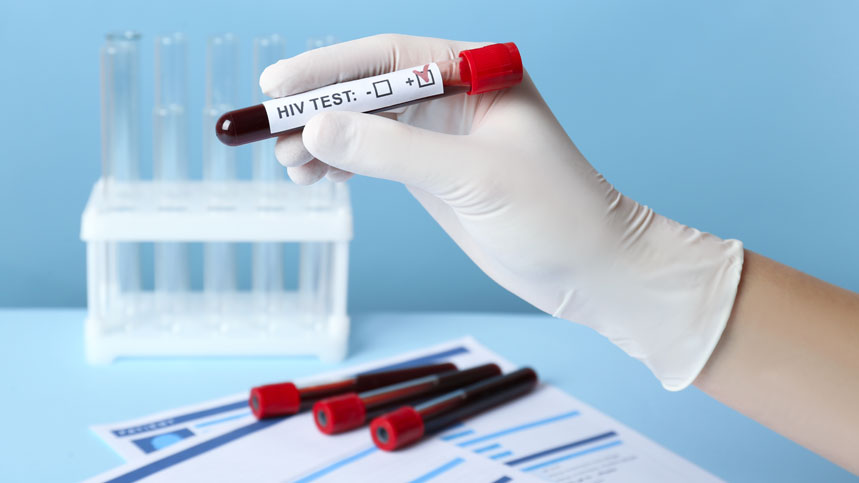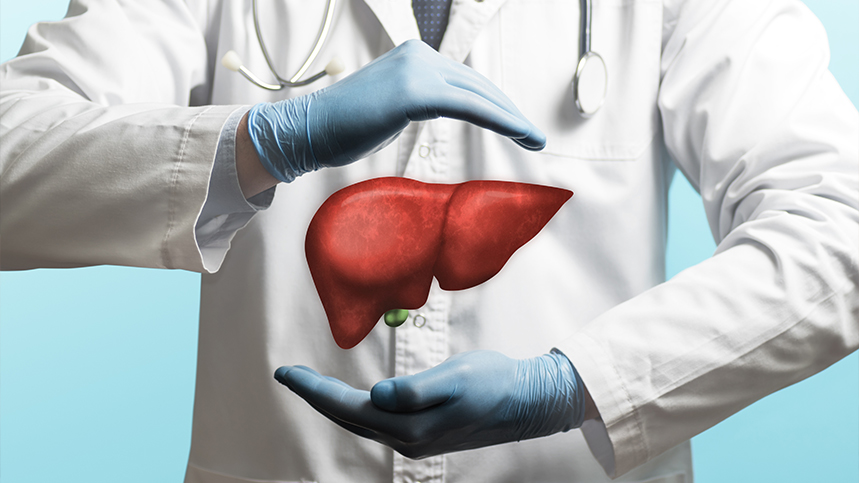Bloodborne pathogens are microorganisms present in blood and can cause infections and diseases such as HIV, Hepatitis B, and Hepatitis C. These microorganisms are dangerous to healthcare professionals, first responders, and anyone who encounters blood or bodily fluids. Testing for bloodborne pathogens is essential to protect the health and wellbeing of those exposed to them. It is important to know about testing for bloodborne pathogens and the available options.
What is the first step in testing for bloodborne pathogens?
The first step in testing for bloodborne pathogens is to identify who needs to be tested. Healthcare professionals and first responders are required to undergo regular testing for HIV, Hepatitis B, and Hepatitis C due to their occupation's risk factors. Additionally, those who engage in unprotected sex, share needles, or have received a tattoo or piercing from an unlicensed artist may also be at risk and need to get tested.
HIV Testing
Testing for HIV involves a blood test or an oral swab to detect the antibodies produced in response to the HIV virus. It can take up to three months after exposure for the antibodies to show up in the blood, which is why testing should be done after at least three months. Rapid HIV tests are also available, which can give results in under 20 minutes.
Hepatitis B and C Testing
Hepatitis B and Hepatitis C testing is done through a blood test that detects the presence of antigens or antibodies in the blood. Testing for Hepatitis B is recommended for healthcare professionals, people with multiple sex partners, and those who use injected drugs. Hepatitis C testing is recommended for anyone born between 1945 and 1965, those who have ever injected drugs, those with abnormal liver tests, and healthcare professionals who have been exposed to blood on the job.
Conclusion
Testing for bloodborne pathogens is the only way to detect their presence in the blood and protect the health and wellbeing of those who have been exposed. People who are at high risk of exposure to HIV, Hepatitis B, and Hepatitis C should undergo regular testing. Healthcare professionals and first responders are required to undergo regular testing due to their profession's nature. If you think you may be at risk of exposure, talk to your healthcare provider about getting tested. Remember, prevention is always better than cure, so protect yourself and others by practicing safe behaviours and getting tested regularly.










